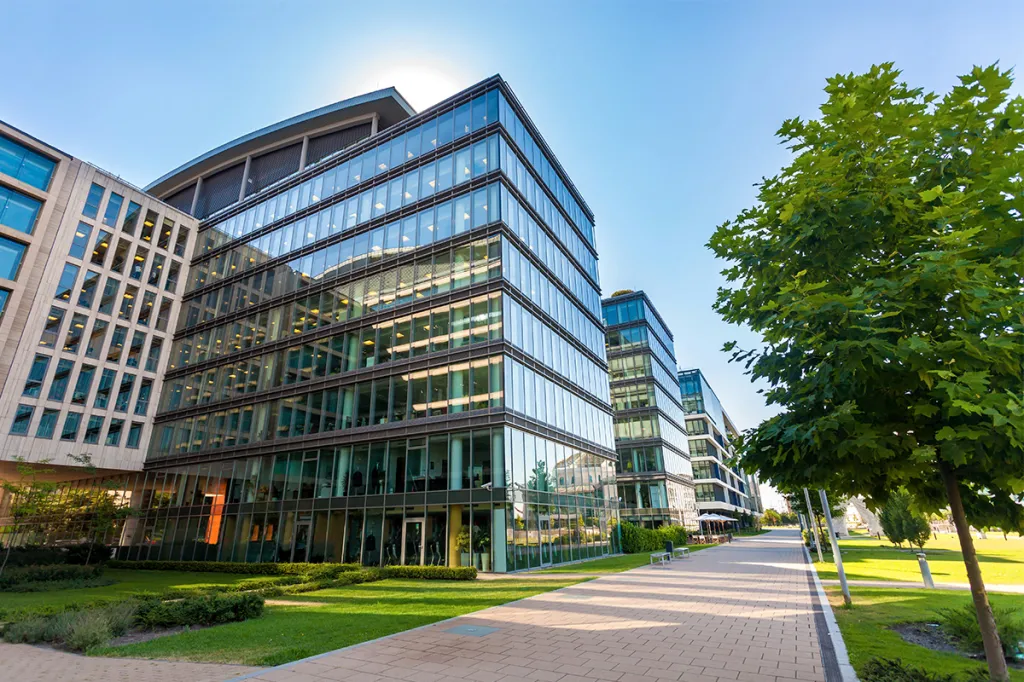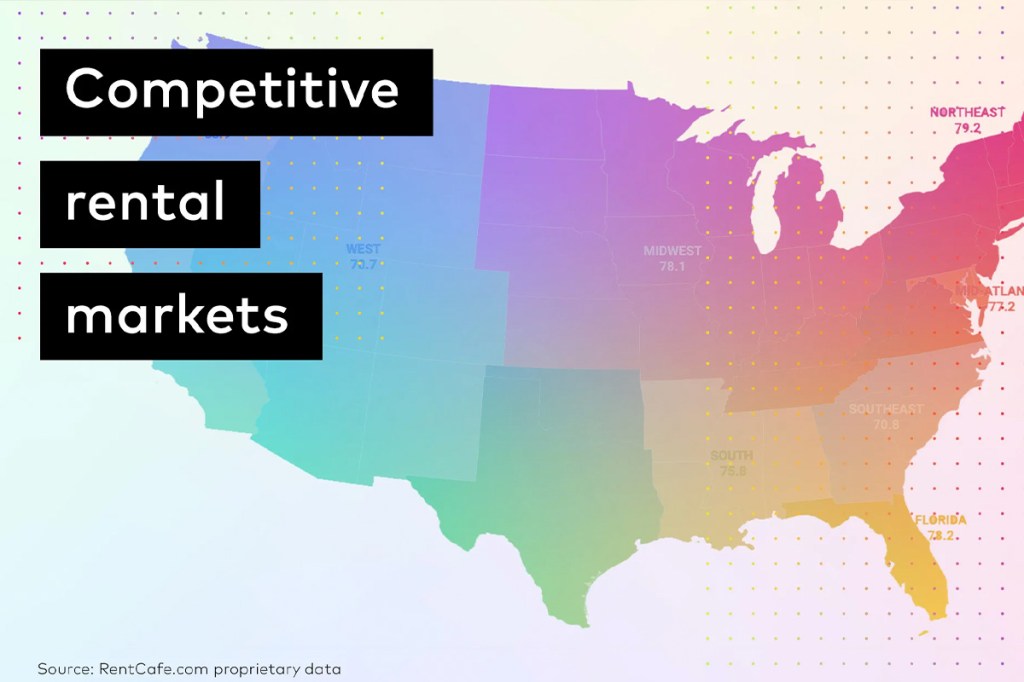Originally published on MHN Multi-Housing News
Manufactured housing continues to record rising demand from consumers seeking less expensive options, and investors are taking note. The industry is seeing an increasing influx of buyers eyeing the potential of manufactured home communities. This, in turn, is helping fuel a surge in the much-needed development of new stock.

According to Lesli Gooch, CEO of the Manufactured Housing Institute, the industry produced more than 100,000 units in 2021, the first time this has happened since 2006. Meanwhile, a nationwide shortage in the starter or entry-level home market is pairing with increasing prices. Gooch said that while prices of manufactured homes have also increased, they average about $87,000.
“We offer affordable home ownership,” she told Multi-Housing News. “The popularity and desirability of what manufactured housing offers is being recognized by consumers.”
Michael Callaghan, managing partner with Four Leaf Properties, said there are hundreds of developers working on new communities across the nation but few of them will enter the market this year.
“There’s a massive amount of activity going on, but the properties are not yet under shovel,” he added. “It takes a long time to get properties entitled and to build the infrastructure.”
Callaghan pointed to the joint venture of UMH Properties and Nuveen Real Estate as one of the most significant events for the industry in many years. The two firms formed a partnership that will focus on the development and acquisition of new communities through a $170 million initial investment. In a prepared statement in December, UMH Properties President and CEO Samuel Landy estimated that around 5.5 million new manufactured homes are needed nationwide to keep up with demand.
A counter-cycle darling
While pandemic-related supply chain issues negatively impacted construction in other sectors in late 2021, manufactured housing was not as adversely affected because building takes place in factories.
“Because we’re in a factory-controlled environment, we can be nimbler, source alternative materials and overcome challenges,” Gooch said.
Manufactured homes are built to meet HUD specifications, which can mean using specific windows and doors during construction. Due to supply-chain issues, Gooch said manufacturers worked with HUD to obtain variances to use alternate materials or products.
The investment community has also recognized the sector’s potential compared to other assets, such as office or retail. The Great Recession that ended in 2009 shed a lot of light on the opportunities that the niche provided, said Michael Glass, senior vice president, division manager and national director for Marcus & Millichap’s Manufactured Home Communities Division. The pandemic caused investment professionals to look back and see what performed well during a difficult market.
“Manufactured housing outperforms every other asset class, especially in troubled times,” he said. “The asset performs well even in a challenging market.”
Growing magnetism
Jorge Figueiredo, vice president of acquisitions and asset management with Capital Square 1031, said that, from an operational perspective, the sector has performed extremely well in the past few years. Occupancy and rent growth have improved due to consumer demand.
“People are seeing manufactured housing for what it is — the most affordable type of living there is in this country,” he concluded.
Figueiredo said the class was not well known a decade ago and there were only a few institutions investing. He noted that his company is a prime example of that dynamic evolving. The firm began investing in the niche only a few years ago, completing its first acquisition in June 2020.
“National institutions are realizing that the fundamentals in the sector create a stable environment, particularly in high-quality properties,” he said. Manufactured housing communities are sought-after investments due to shortage of available product and the sector’s historic stability and low operating costs.
Four Leaf Properties’ Callaghan said there might not be enough stock available to support current investor appetite. Many newer buyers are looking at communities that would not be considered institutional-grade investments, such as an 80-home property in a secondary market. “Around 80 percent of the activity in manufactured housing fits that category,” he said. “That’s the product the big guys don’t want.”
Gooch believes new investors can have a positive impact, particularly when it comes to overcoming zoning barriers that many municipalities have put in place to limit new communities.
“These are mini-cities, so it is important to have the capital needed to make sure a community is viable,” she said. “Institutional investors are much more able to do that.”
Callaghan wondered if the industry needed to experience the consolidation the sector is undergoing. “We need to get people to realize there are no more 300- to 400-home communities out there, we need to build them from scratch,” he said.
Glass has been seeing many more prospective buyers than there were actual sellers. “There is a tremendous amount of capital chasing a limited amount of product,” he said.
The most desirable subsector, for investors, is senior living communities. Demand is so great that buyers are now looking at smaller properties. “The darling of the manufactured housing space is senior living,” said Glass. “When we list one of those assets, the demand is through the roof.”
What’s next?
The outlook for 2022 and beyond appears to be quite positive. Gooch noted that President Joe Biden has included boosting manufactured housing as one of the pillars to address the national shortage of housing. In September 2021, the administration announced it would help increase supply by expanding financing through Freddie Mac.
Gooch also said that HUD and Congress are working to overcome zoning barriers that hinder the development of new communities across the country.
Check out investment management software
Looking to grow your MH investment portfolio? Track capital commitments, contributions and distributions and more with Yardi Investment Manager.



